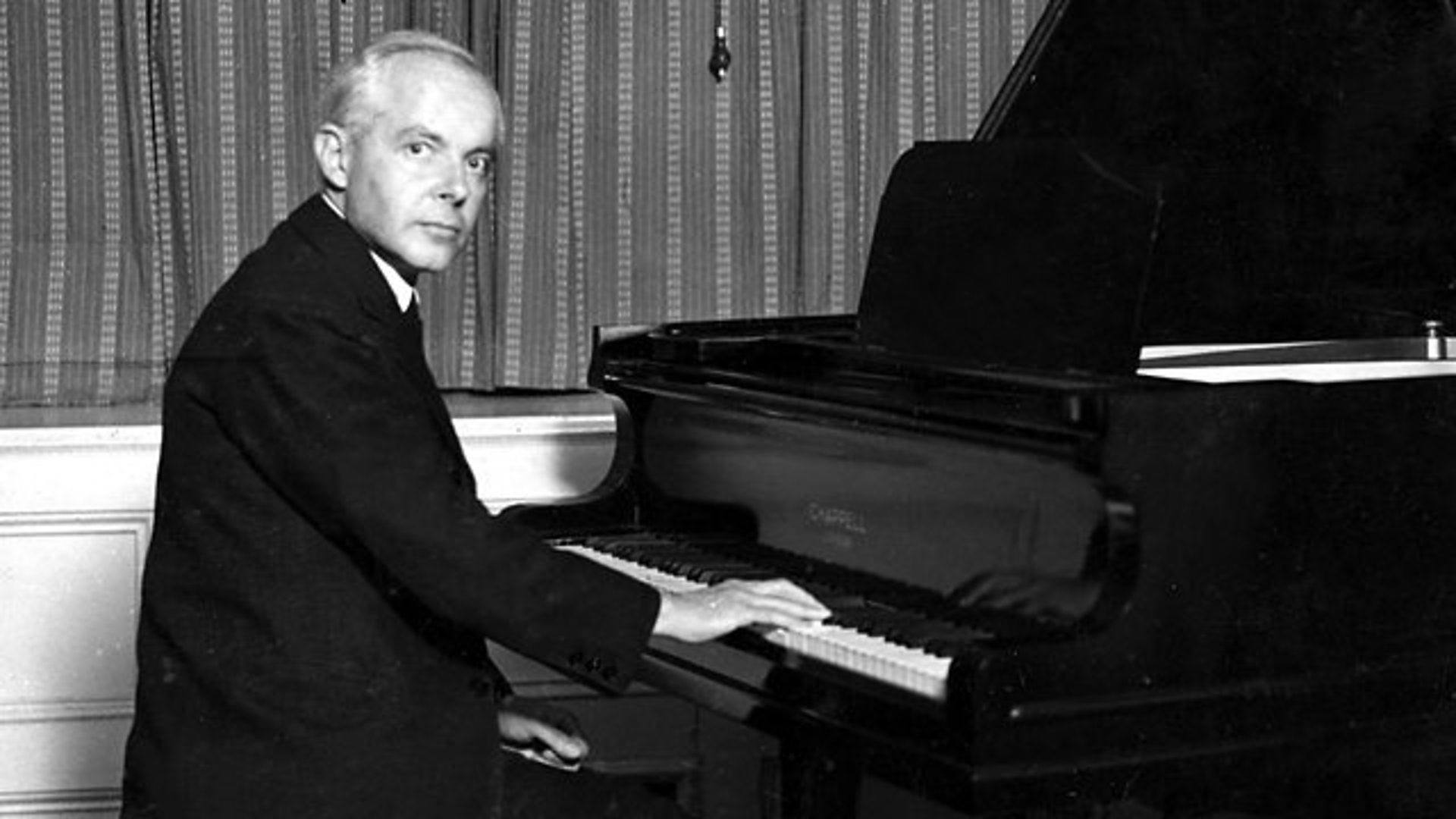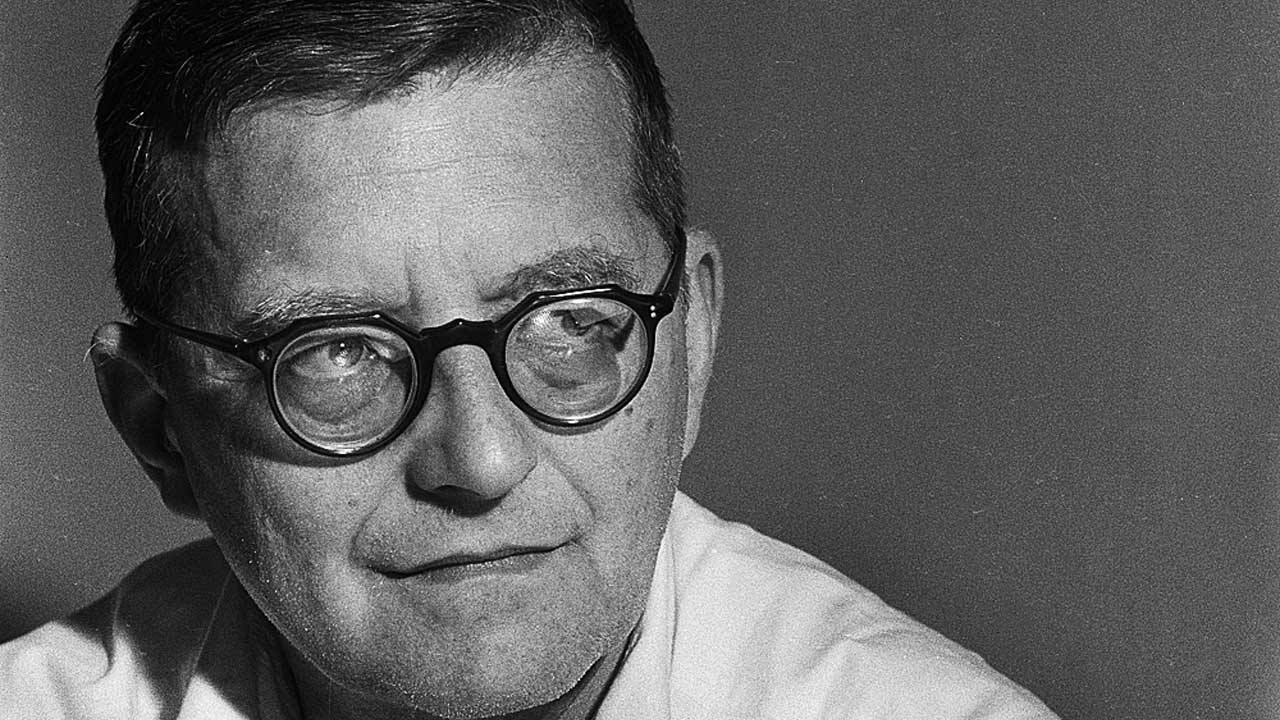Bartók’s Suite, Op. 14: The Percussive Piano
The piano music of Béla Bartók is filled with the hard edges and exhilarating, swirling motion of Eastern European peasant dances. It strips away Romantic embellishment in favor of something more direct, austere, earthy, and primal. The piano, with its hammer-striking mechanism, becomes a full-fledged percussion instrument. All of this can be heard in Bartók’s solo piano Suite, Op. 14, composed in 1916. In a 1944 radio interview, Bartók said, When this work …







